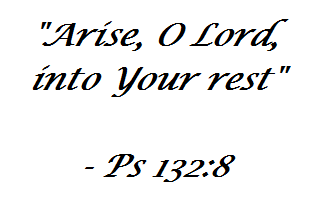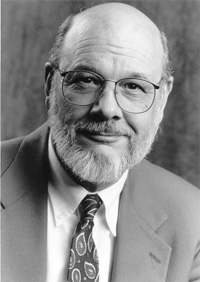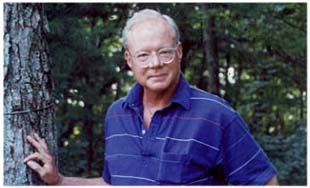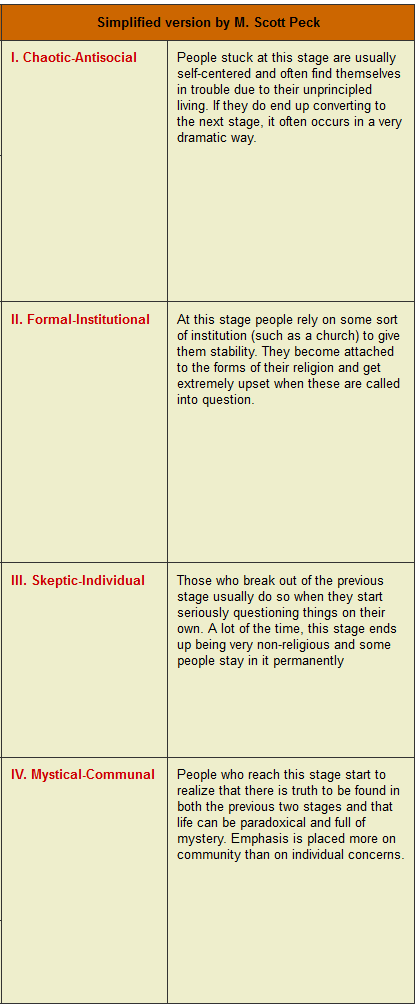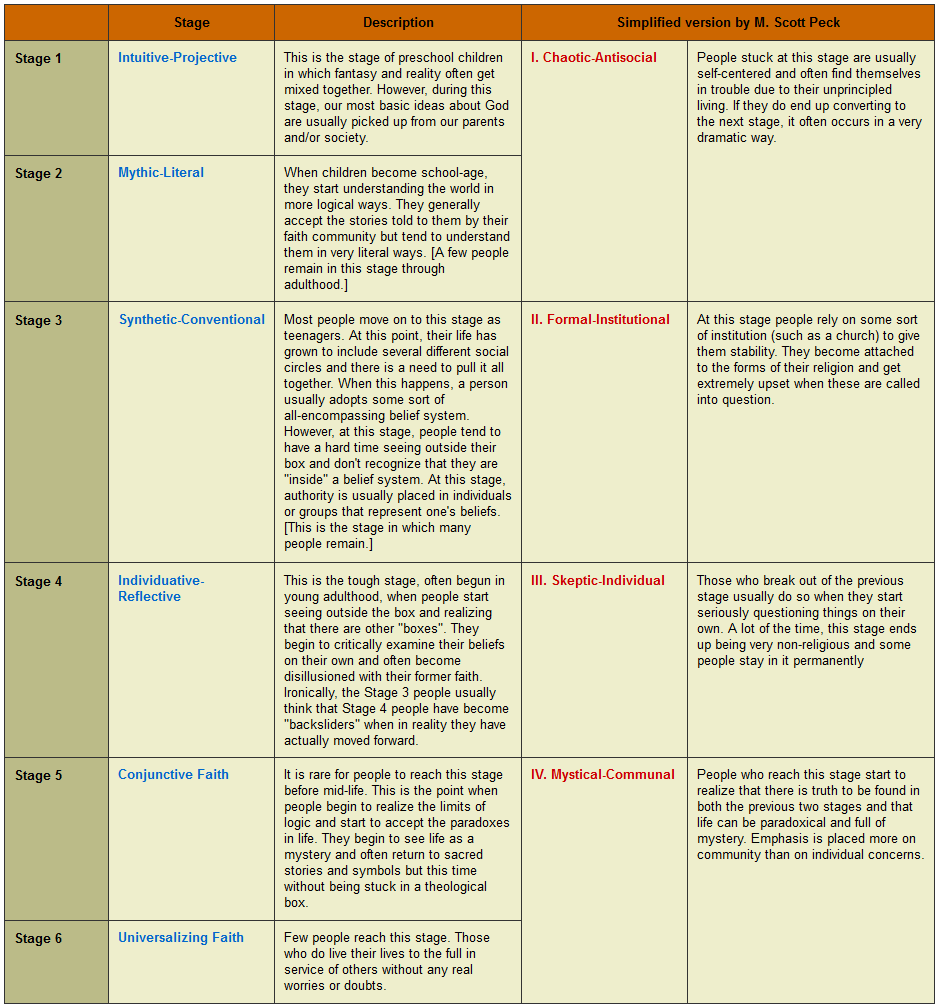This is Part 4 in my series ‘The Stages of Spiritual Growth‘, in which I discuss the ‘Stages of Faith’ as described by James W. Fowler and M. Scott Peck.
In the second instalment of the series, I gave you a general overview of the Stages of Faith, whereas last time, we looked at the ‘pre-faith’ Stage 0, which is not generally recognised as a Stage of Faith, but which we saw is actually very much a Stage of Faith. Today, we will be concentrating on the next, but still ‘early’, Stages of faith: those called, in our Fowler/Peck models, Stage 1 and Stage 2 (Fowler) and Stage I (Peck).
So, to recap from that general overview, here’s the descriptive chart for those early stages (click the image to enlarge):
Stage 1
When thought and language begin to open the child up to the use of symbols in speech and ritual play, the child moves on to Stage 1: “Intuitive-Projective” Faith which is typical of children ages 2 through 7. Here the child is egocentric, in other words self-centred, or self-seeking; you might even think of this stance as being ‘selfish’.
In other words, the world essentially orbits around the child. This is not a bad thing, as it would be seen to be in adults, because a) it is all part of the learning process and b) it is part of normal development. Selfishness is only a problem if a person chooses to be selfish; at this stage, a child has no choice – ‘selfish’ is the only way a child of this age knows how to be, and being unselfish is a learned behaviour; this learning takes place during this time of the child’s life, both at home and at school. At any rate, it is in this stage that the child’s imagination is formed. This is because this Stage is characterized by the psyche’s unprotected exposure to the ‘unconscious’, and marked by a relative fluidity of thought patterns. This is the Stage of preschool/early school children in which fantasy and reality often get mixed together and are somewhat undifferentiated. Therefore, during this Stage, our most basic ideas about God and faith (although it will not yet be recognised as ‘faith’ as such) are usually picked up from our parents and/or society, and through experiences, stories, images, and the people that one comes in contact with, and the consequent interaction of these stimuli with the imagination, the unconscious, and the senses of fantasy and reality, together and in opposition.
In some ways, a partial reversion to these ways of thinking, for example the fantasy element, can indeed be helpful even in adulthood, and when at a more ‘mature’ Stage of spiritual growth. This is a good reason why the Stages of Spiritual Growth should not be seen as steps on a ladder which are left behind as ‘below’, ‘beneath’ or useless, but as part of the path we used in order to get to where we are now. In other words, our previous spiritual attitudes should not be entirely discarded, but instead be recognised as having value even though we have ‘moved on’ from that part of our lives and from those modes of thinking, because the spiritual tools and coping strategies we learned to use in those times can still be useful for us in our faith walk today. It can in fact be a good thing to ‘never grow up’!
In this stage, as I mentioned already, reality is usually not well-differentiated from fantasy. For this reason, adults preaching about the negative aspects of religion – for example, the devil and the evils of sin – can cause great harm to a child of this age, leading them towards a very rigid, brittle and authoritarian personality as an adult. Also, stories, concepts and ‘facts’ presented to the child at this level are deeply absorbed and can still be thought of as being ‘true’ and ‘factual’ – possibly unconsciously – even once the child has grown to adulthood. This can happen especially if the child tends to accept things at face value without questioning their veracity – something easily done at this level of maturity. This is one reason why I feel very strongly that children should not be taught about negative aspects of faith – such as Hell – especially if those teachings are being used in order to get the child to behave well or to conform to their parents’ wishes, or indeed those of any other authority figure. This Stage is the opportunity for a child to begin to learn to act out of love, liking and respect for people, rather than fear of punishment; a gradual weaning process (taking several years) from the selfish to the unselfish. Sadly, this opportunity is often missed.
Let’s finish this Stage description with Fowler’s formal summary:
“Stage 1 Intuitive – Projective faith is the fantasy-filled, imitative phase in which the child can be powerfully and permanently influenced by examples, moods, actions and stories of the visible faith of primally related adults.
“The stage most typical of the child of three to seven, it is marked by a relative fluidity of thought patterns. The child is continually encountering novelties for which no stable operations of knowing have been formed. The imaginative processes underlying fantasy are unrestrained and uninhibited by logical thought. In league with forms of knowing dominated by perception, imagination in this stage is extremely productive of long-lasting images and feelings (positive and negative) that later, more stable and self-reflective valuing and thinking will have to order and sort out. This is the stage of first self-awareness. The “self-aware” child is egocentric as regards the perspectives of others. Here we find first awarenesses of death and sex and of the strong taboos by which cultures and families insulate those powerful areas.
“The gift or emergent strength of this stage is the birth of imagination, the ability to unify and grasp the experience-world in powerful images and as presented in stories that register the child’s intuitive understandings and feelings toward the ultimate* conditions of existence.
“The dangers in this stage arise from the possible “possession” of the child’s imagination by unrestrained images of terror and destructiveness, or from the witting or unwitting exploitation of her or his imagination in the reinforcement of taboos and moral or doctrinal expectations.
“The main factor precipitating transition to the next stage is the emergence of concrete operational thinking. Affectively, the resolution of Oedipal issues or their submersion in latency are important accompanying factors. At the heart of the transition is the child’s growing concern to know how things are and to clarify for him- or herself the bases of distinctions between what is real and what only seems to be.” (1)
When a child attains the capacity for concrete operational thinking, he can begin to move toward the second of James Fowler’s Stages.
Stage 2
Fowler’s Stage 2 is called the ‘Mythic, Literal Stage’. Here the child (or adult person stuck in this phase, as we shall see) is likely to start sorting out the real from the make-believe. Story becomes the major way of giving unity and value to experience, but the symbols in those stories are seen as one-dimensional and literal. Moreover, beliefs, moral rules and attitudes are also held literally. Thus, God is an anthropomorphic (human-like) being in the sky; heaven and hell are viewed as actual places.
The person in this, the second of James Fowler’s Stages, is also more able to take or appreciate the perspective of another person, but his view of reciprocity is also rather literal. “If I follow the rules, God will give me a good life.” “If I pray, God will grant my wish.” In some faiths, this is expressed as a form of ‘Karma’ or ‘what goes around, comes around’.
Notably, Stage 2 is also the first Stage in which it is very possible to reach this stage and then never move on, even as an adult. Virtually everyone reaches Stage 2, even those without a ‘concrete’ faith or belief structure, because it is perfectly acceptable for people to live in the ‘Mythic-Literal’ Stage without having to realise any stated belief structure or religion. Some people in fact remain in Stage 2 for the rest of their lives.
Indeed, Fowler suggests that 20% of the adult population may best be characterised by this kind of faith. These adults, if they have a Christian faith, tend to appreciate churches where a more literal interpretation of Scripture is encouraged, along with offering security, deep conviction and commitment. God is viewed as stern, and being a just but loving parent, with rules and authoritative teaching being the norm. “A person may begin to grow out of Phase 2 when he encounters conflicts and contradictions in the stories he is interpreting literally and begins to reflect on the real meanings”.
As I have described this Stage, maybe people may have come to mind – even people of faith – whom you feel may still be in this Stage, or at least still show elements of it. In some ways, this is not necessarily a lack of spiritual progress, because as we shall see, most people, as they progress through the Stages of Faith, retain practices and beliefs that are still useful to them in their spiritual walk. And that’s possibly what could be happening – but remember, it’s not our place to judge or to ‘grade’ others on what ‘level’ they are at; this is not the point of this series. God moves each person along at the pace that is right for them.
Here’s Fowler’s formal description of Stage 2:
“Stage 2 Mythic-Literal faith is the stage in which the person begins to take on for him- or herself the stories, beliefs and observances that symbolize belonging to his or her community. Beliefs are appropriated with literal interpretations, as are moral rules and attitudes. Symbols are taken as one-dimensional and literal in meaning. In this stage the rise of concrete operations leads to the curbing and ordering of the previous stage’s imaginative composing of the world. The episodic quality of Intuitive-Projective faith gives way to a more linear, narrative construction of coherence and meaning. Story becomes the major way of giving unity and value to experience. This is the faith stage of the school child (though we sometimes find the structures dominant in adolescents and in adults). Marked by increased accuracy in taking the perspective of other persons, those in Stage 2 compose a world based on reciprocal fairness and an immanent justice based on reciprocity. The actors in their cosmic stories are anthropomorphic. They can be affected deeply and powerfully by symbolic and dramatic materials and can describe in endlessly detailed narrative what has occurred. They do not, however, step back from the flow of stories to formulate reflective, conceptual meanings. For this stage the meaning is both carried and “trapped” in the narrative.
“The new capacity or strength in this stage is the rise of narrative and the emergence of story, drama and myth as ways of finding and giving coherence to experience.
“The limitations of literalness and an excessive reliance upon reciprocity as a principle for constructing an ultimate environment can result either in an overcontrolling, stilted perfectionism or “works righteousness” or in their opposite, an abasing sense of badness embraced because of mistreatment, neglect or the apparent disfavor of significant others.
“A factor initiating transition to Stage 3 is the implicit clash or contradictions in stories that leads to reflection on meanings. The transition to formal operational thought makes such reflection possible and necessary. Previous literalism breaks down;new “cognitive conceit” leads to disillusionment with previous teachers and teachings. Conflicts between authoritative stories (Genesis on creation versus evolutionary theory) must be faced. The emergence of mutual interpersonal perspective taking (“I see you seeing me; I see me as you see me; I see you seeing me seeing you.”) creates the need for a more personal relationship with the unifying power of the ultimate environment.” (1)
Peck’s Stage I
Fowler’s Stages 1 and 2 are simplified by Peck into a single Stage which he calls the “Chaotic – Antisocial” Stage. It can happen that a person can get ‘stuck’ at this Stage, and never progresses beyond the ‘selfish’ mindset and behaviour pattern. Peck recognises here that such people still in this stage (so, Peck Stage I or either of Fowler’s Stages 1 and/or 2 (generally 2)) are usually self-centred, and can often find themselves in trouble (financial, legal, emotional or personal) due to what amounts to their unprincipled living.
Margaret Placentra Johnston puts it like this:
“A stage of undeveloped spirituality, people in Stage I of spiritual growth are manipulative and self – serving. Though they may pretend or even think they are loving toward others, they really don’t care about anyone but themselves. There are no principles (such as truth or love) important enough to these people to override their own desires.
“Because they don’t allow any principles to govern their existence, there is a lack of integrity to these people and a chaos to their existence. Personally, I find the term “anti – social” most misleading here. Some of these people are very engaging and personable and can really fool you. Some even rise to positions of considerable power, such as presidents or influential preachers.”
[For an expanded version of this concept by Peck himself (abridged by Richard Schwartz, see below]**
I can think of at least one such famous person right away. Maybe you can too 😉
In terms of spiritual growth, Peck’s Stage I appears to me to be where a person’s faith is generally not all that well-structured or thought through, if at all. Maybe there are a lot of assumptions made and attitudes picked up from one’s environment, parents or peers, and which are accepted as being correct almost without question. Because of this, the word ‘antisocial’ is not necessarily used to indicate that a person is a right prat who is literally very antisocial, but it could also be that the person’s faith does not take on a social aspect in that it is very much self-contained and does not require others’ input, at least not consciously; although, as we have already seen, the environment, including other people, is very much a part of the formation of the person’s faith attitudes. People in this Stage who do not consciously ‘have a faith’, or those who are indeed very anarchic and/or otherwise ‘antisocial’ in their behaviour, might well be people who will remain in this Stage right through adulthood. If they do end up ‘converting’ to the next Stage, it often occurs in a very dramatic way and with huge changes in their lives. An example of this from Scripture would be the story of Zacchaeus the tax-collector (an ancient equivalent of today’s parking enforcement officers? 😉 ), who was self-serving and self-centred in that he cheated people out of money and in so doing made himself very unpopular. Jesus came into his life and he changed in an instant. His story is found in Luke ch. 19.
Other examples of this kind of ‘conversion’ were seen in ‘revivals’ in the past, where great numbers came to faith where previously they had no faith at all. And, in so doing, they moved in to Stage 3 (Fowler)/Stage II (Peck).
We’ll have a look at these Stages next time.
*In these definitions, the word ‘Ultimate’ is used by Fowler to indicate concepts such as God, Heaven, Afterlife and Worldview. So, the ‘Unifying Power of the Ultimate Environment’ means God; the Ultimate Enviroment being Heaven and/or ‘Creation’.
** “Most all young children and perhaps one in five adults fall into Stage I. It is essentially a stage of undeveloped spirituality. I call it antisocial because those adults who are in it (and those I have dared to call “People of the Lie” are at its bottom) seem generally incapable of loving others. Although they may pretend to be loving (and think of themselves that way), their relationships with their fellow human beings are all essentially manipulative and self-serving. They really don’t give a hoot about anyone else. I call the stage chaotic because these people are basically unprincipled. Being unprincipled, there is nothing that governs them except their own will. And since the will from moment to moment can go this way or that, there is a lack of integrity to their being. They often end up, therefore in jails or find themselves in another form of social difficulty. Some, however, may be quite disciplined in the services of expediency and their own ambition and so may rise in positions of considerable prestige and power, even to become presidents or influential preachers.
“From time to time people in this stage get in touch with the chaos of their own being, and when they do, I think it is the most painful experience a human can have. Usually they just ride it out unchanged. A few, I suspect, may kill themselves, unable to envision change. And some, occasionally, convert to Stage II.” (2)
References:
Wikipedia’s page on James W Fowler
Wikipedia’s page on M. Scott Peck
Website of Margaret Placentra Johnston
Richard Cooke – Stages of Faith: a Tool for Curing Souls
Bill Huxley’s blog page on Fowler’s Stages of Faith
1. James W. Fowler, Stages of Faith: The Psychology of Human Development and the Quest for Meaning. Harper San Francisco, 1995, p.121





